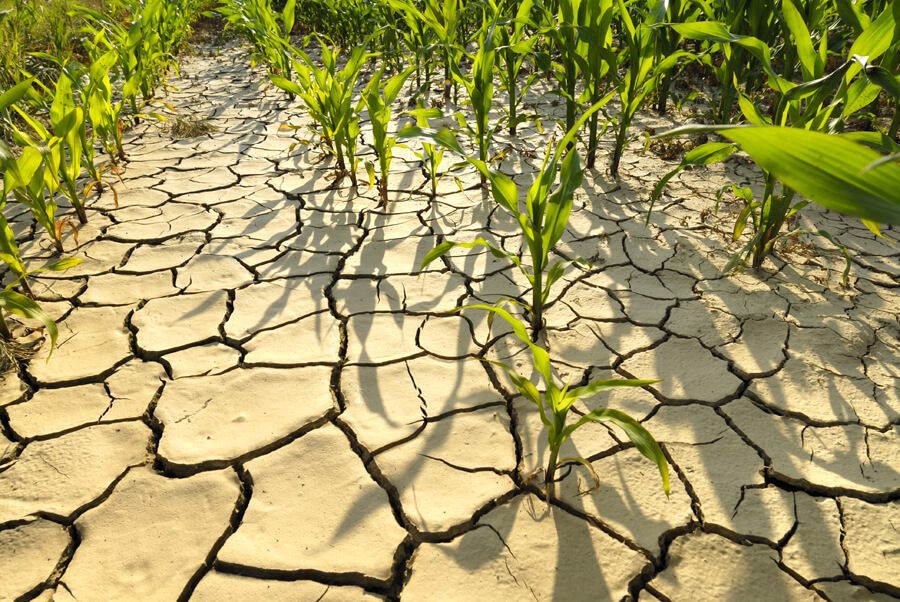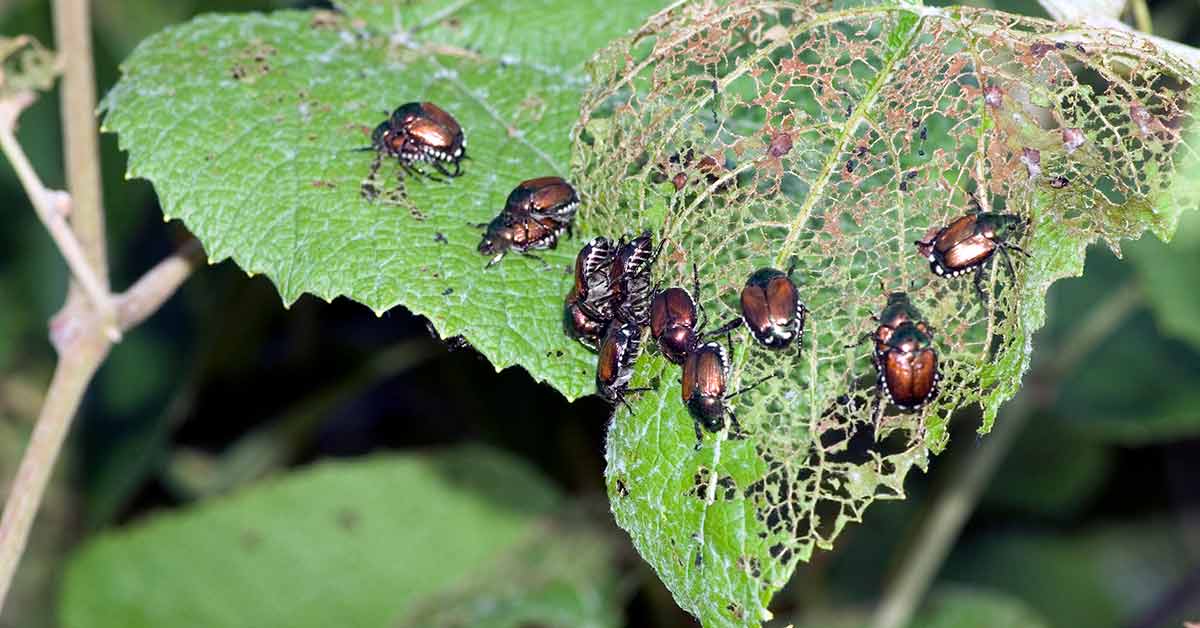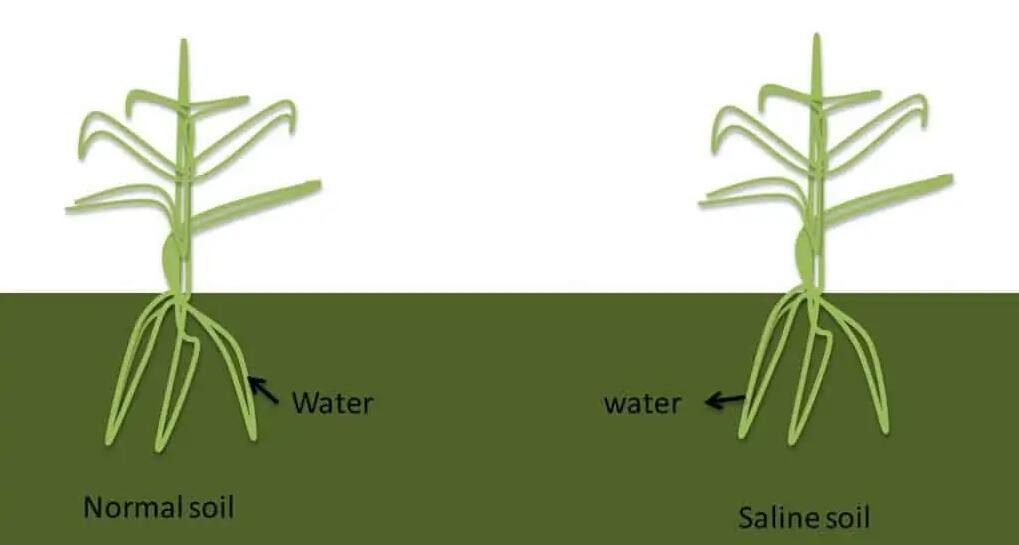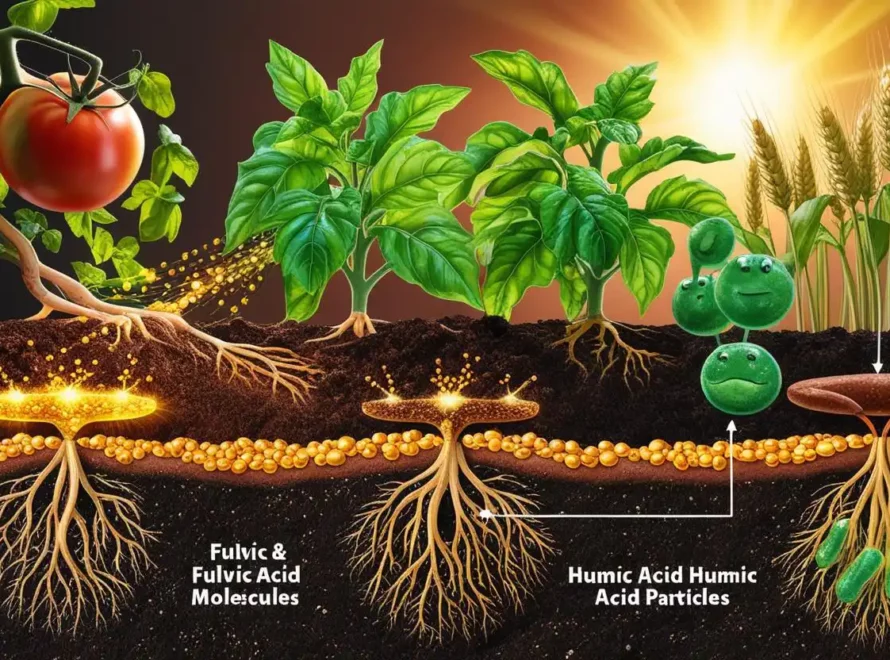Our researchers have found that humic acids are beneficial to improve crop growth and environmental conditions. Under bad environmental conditions (such as drought, waterlogging, cold, heat, acid, alkali, too much fertilizer, too little). The effects of humic acid on crop resistance is more obvious. Which is called “humus effect”. The results show that humic acid can enhance the stress resistance of crops.
Improve drought resistance of crops
 The dry hot wind is disadvantageous to the growth of the wheat. Spraying fulvic acid solution during the jointing stage of the wheat can reduce the opening degree of the stomata of the leaves,thus to reduce the transpiration effect of the water. So that the water deficit phenomenon is relieved.
The dry hot wind is disadvantageous to the growth of the wheat. Spraying fulvic acid solution during the jointing stage of the wheat can reduce the opening degree of the stomata of the leaves,thus to reduce the transpiration effect of the water. So that the water deficit phenomenon is relieved.
And the differentiation of the l wheat ears has been completed. So that the chlorophyll content is increased, on the other hand the root system is kept high activity. The result is that the resistance of the dry hot wind is enhanced by the fulvic acid.
The result has been recognized by the countries of the world and attract the attention of the international plant community. The success of this study is of great significance to the current part of our arid area ofour country.
Improve that cold resistance of the crop
The early rice seedlings in the South often encounter low-temperature and rainy days. Which often occur in the rice field. The addition of humic acid in the bed soil can improve the cold resistance of the seedlings. And the seedling rate increased from 70.7% to 82.6%.
And the quality of the seedlings is good. Spraying the sodium humate solution before winter wheat overwintering can reduce the influence of the freezing injury. And can also enhance the cold resistance of the winter wheat by mixing with the fulvic acid.
Control and prevention of Pests and Insect
 Apple tree rot is a common fungal disease in apple producing areas in China. The traditional control method is to strengthen cultivation and management, supplemented by drug treatment and elimination of bacterial sources.
Apple tree rot is a common fungal disease in apple producing areas in China. The traditional control method is to strengthen cultivation and management, supplemented by drug treatment and elimination of bacterial sources.
Although the commonly used drugs are effective, they are prone to burn tree living tissue, pollute the environment and cost higher. Smearing the scar wound with 2% sodium humate solution for 2-3 times can inhibit the growth of fungi, promote tissue healing, and the control effect is better than that of chemical drugs, and there is no pollution. The use of humic acid alone or in combination with chemical fertilizer has certain effects on the control of cucumber downy mildew, potato late blight and pepper anthracnose.






